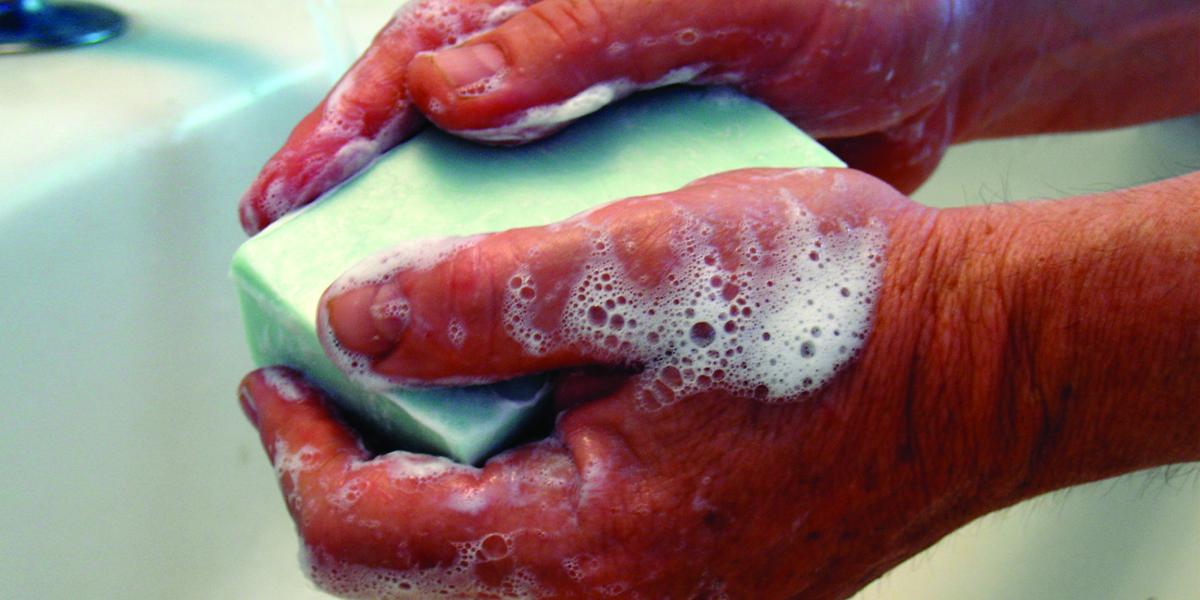News To Live By - Spring 2006
The Afterlife of Soap
An analysis of samples from a wastewater treatment plant showed that 75 percent of the compound triclocarban, an ingredient in antiseptic soap that is toxic when ingested, remained chemically unchanged in plant processing and was recycled in sludge sold as crop fertilizer. Studies are under way to determine if triclocarban can migrate from sludge into foods, reports Rolf Halden, PhD, PE, assistant professor, Environmental Health Sciences, and colleagues, in the April 26 online Environmental Science and Technology.
Violent Homes, Hurt Teens
A study of Filipino adolescents found that teens who witness domestic violence between their parents are more likely to suffer from symptoms of depression, including thoughts of suicide, trouble sleeping, worry and poor digestion, according to Michelle Hindin, PhD, MHS '90, assistant professor, Population and Family Health Sciences, and colleagues, in the April American Journal of Public Health. Nearly half of the teens studied reported seeing such violence.
Too Big for Car Seats
Increasing numbers of obese children between ages 1 and 6 exceed the maximum weight limits for most models of child safety car seats, reports Andrea Carlson Gielen, ScD '89, ScM '79, professor, Health, Behavior and Society, and colleagues, in the April Pediatrics. The study calls for new car seat models that can protect heavier children from injuries and death.
Danger in the Grass
Lawn mower injuries are on the rise, with nearly 80,000 Americans requiring hospital treatment each year for mowing accidents. Emergency room injuries, mostly caused by flying rocks and branches, are highest among children under 5 and adults over 60, reports David Bishai, MD, PhD, MPH, associate professor, Population and Family Health Sciences, in the April online edition of Annals of Emergency Medicine.
